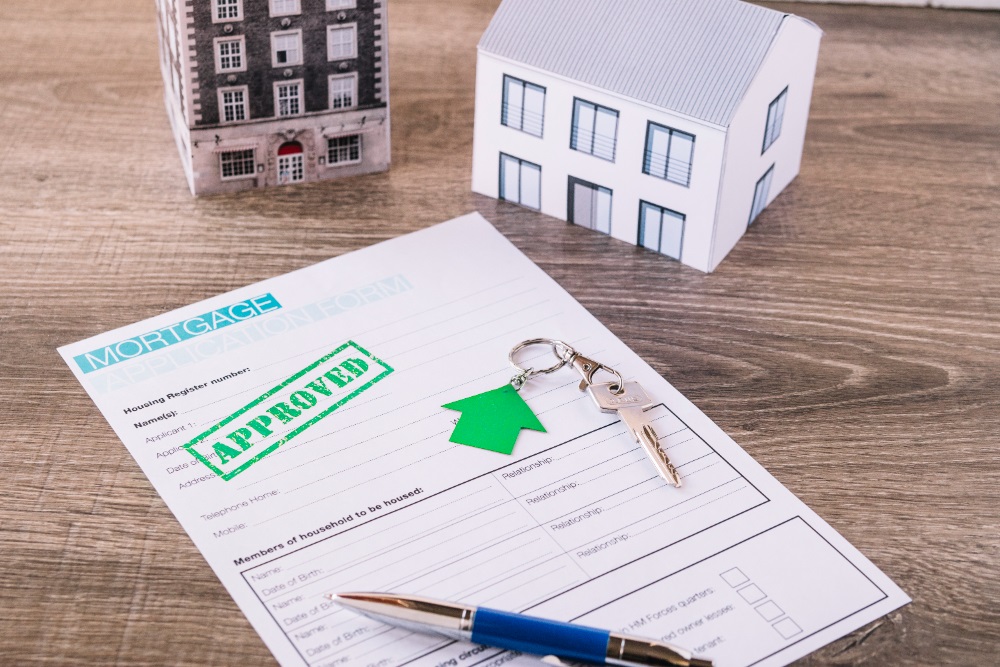Before taking the plunge into home ownership, there are a few important lessons to learn. Whether you’re a first-time homebuyer or considering selling your current home and purchasing another, it’s essential to be aware of the potential pitfalls of this kind of move.
You may need to keep in mind several factors before deciding to become a homeowner – like budgeting, the down payment, taxes and insurance. Before making the decision, make sure you’re aware of all the potential costs and responsibilities of owning a home. Knowing what to expect can help make the process smoother and less stressful.
This blog post will outline key lessons to learn before buying or selling a home. By understanding these concepts, you may make smart decisions when navigating home ownership.
things to Consider Before Buying Your Dream Home
Here are some significant parameters to keep in mind before becoming a homeowner.
a realistic idea of what you may afford
You may need to be extra careful about not stretching your budget beyond its breaking point. The first step in getting a realistic idea of what you can afford is to sit down and figure out your monthly budget. Track all of your income and expenses for at least one month, if not two or three.

This will offer you a good baseline to work from as you start shopping for homes. Next, think about how much wiggle room you have in your budget.
Some experts recommend using the 28/36 rule when assessing how much house you can afford. Essentially, your housing costs (including mortgage payments, insurance, and other associated expenses) should not exceed 28% of your gross monthly income. Additionally, your total debt (including your mortgage payments) should not exceed 36% of your gross monthly income.
don’t ignore the unexpected costs
Don’t ignore the unexpected sleeper costs when buying a home – even if you’re prepared for the obvious expenses, there are always a few hidden costs that can pop up and take you by surprise. When budgeting for your new home purchase, you may need to keep these in mind, from repairs and maintenance to insurance and taxes.
For insurance for your home, know what an insurance binder is so that you have all the documents to refer to whenever needed. No matter how well-built or well-maintained a home is, there will always be the need for occasional repairs and maintenance. Whether it’s something as small as patching a hole in the drywall or repairing a leaky roof, these costs can add up quickly if you’re not prepared.

Ideally, you should have savings for such expenses to go smoothly whenever needed. Another thing to consider is that the property taxes may also depend on the state it’s in, as each has a different tax percentage.
get pre-approved for a mortgage loan
A pre-approval for a mortgage loan is one of the best ways to know how much you can afford to spend on your new home. By providing some basic information about your financial situation, a lender can give you a pre-approval letter showing how much money you can borrow for your home purchase. This gives you a great starting point as you begin shopping for homes.
There are a few things to remember when getting pre-approved for a mortgage loan. First, your pre-approval is not binding on the lender – it’s simply an estimate of how much money you can borrow based on your provided information. Also, your interest rate and monthly payments may change depending on market conditions.
Also, work on your credit score from early on. Many adults consider having a home to be a milestone in their lives. For this, they may need to study in good institutes and bag a high-paying job. This can only be a result of dedication from an early age. Here are some effective habits to attain success that may help students and adults alike for major life goals such as owning a home.
choose the right real estate agent

You may have to look for the right real estate agent who understands all your needs. Real estate agents are the ones who help you find the right home, negotiate the price and take care of all the paperwork. When looking for an agent, get referrals from friends and family or do an online search.
Once you have a few leads, check out their websites and see if they specialize in the type of property you’re interested in. Once you’ve narrowed down your options, schedule consultations with each of the agents you’re considering. This is your chance to ask questions and get a feel for their personality and style.
your job security status
According to an ADP survey, only 25% percent of individuals find their jobs secure. Your job may be your primary source of income, so if you’re not confident in your job security, it can impact your ability to afford your home. If you’re laid off or experience a drop in income, you may struggle to make monthly mortgage payments. This can put you at risk of defaulting on your loan and losing your home.
Job security can also affect the type of mortgage you qualify for. Lenders typically want to see stability when considering a loan application, so if you have a history of job changes or are currently unemployed, you may have a more difficult time qualifying for a conventional loan.

REsearch your local market and neighborhoods
Knowing what you’re getting into before making such a significant commitment is essential. Know the average price of homes in your area and which neighborhoods have seen the biggest increases or decreases in value. This will give you a good idea of whether or not now is a good time to buy.
When you find a potential home, check the neighborhood and nearby facilities. Buying a home in a bad neighborhood without good schools or grocery stores, its value may become less.
Wrapping Up
There you have all the important lessons on your way to home ownership. It’s good to be aware of some of the potential pitfalls that may await you along the way. If you take the time to figure out what it takes to buy a home—the process, the costs and the commitment—you may find that homeownership is still within reach.
Educating yourself on these issues before you buy can make more informed decisions and hopefully avoid any nasty surprises down the road.

